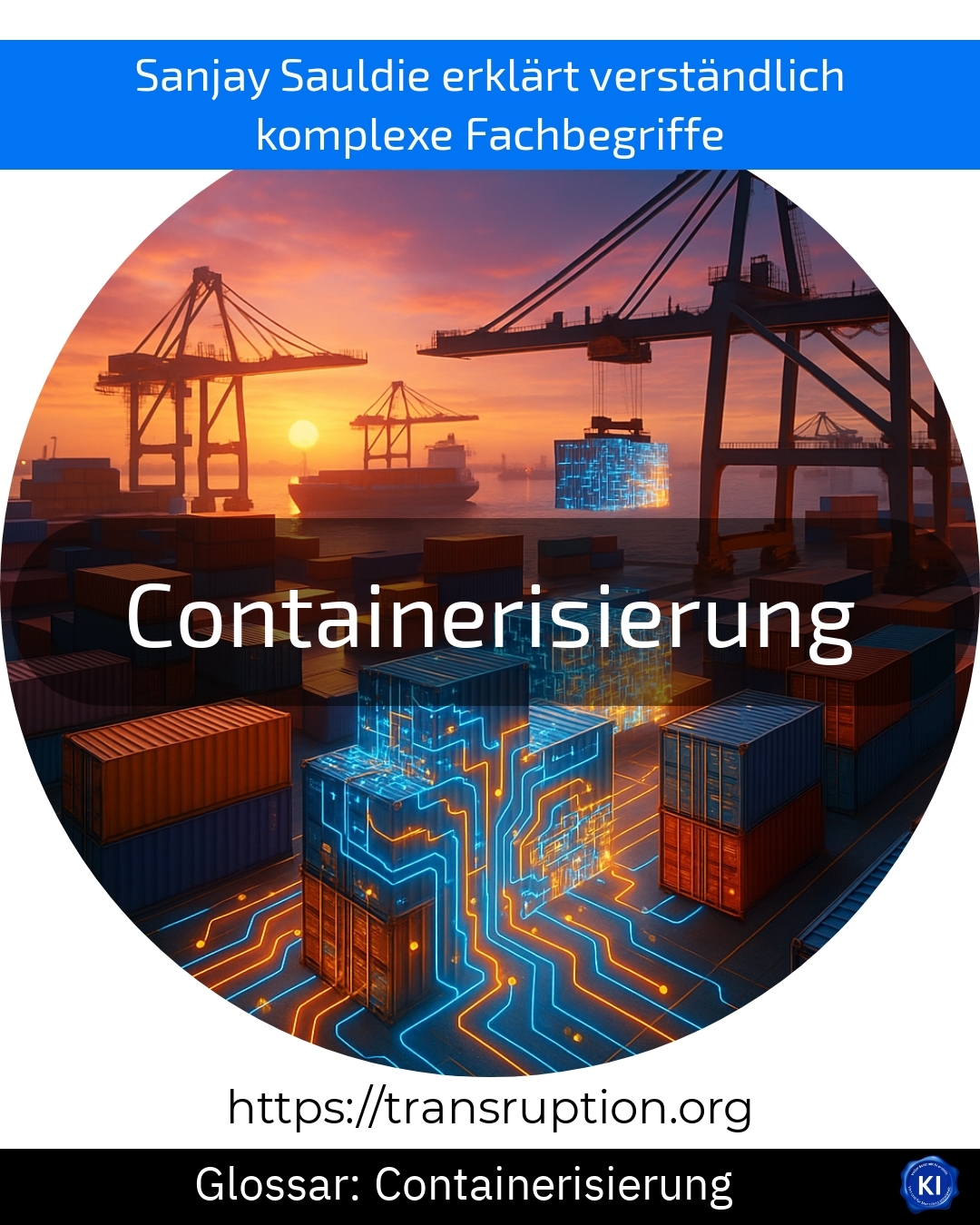Containerisation is a key topic in the areas of automation, Industry and Factory 4.0 as well as digital transformation. This refers to a method in which software and its required components (such as libraries and settings) are packed into so-called containers. These containers are like closed boxes in which the software always functions in the same way, regardless of which computer it is running on.
With containerisation, companies can deploy and operate programs and applications much more easily, quickly and independently of the hardware. This brings major advantages when it comes to updates and maintenance, as the software environment always remains the same.
A simple example: in the past, companies often had to set up their applications individually for each computer, which took a lot of time and labour. With containerisation, the IT department can build an app as a container and use this container wherever it is needed - whether in the office, in the factory or in the cloud. This saves costs and minimises errors.
This is why containerisation is considered a key factor for modern, flexible and efficient IT landscapes.















